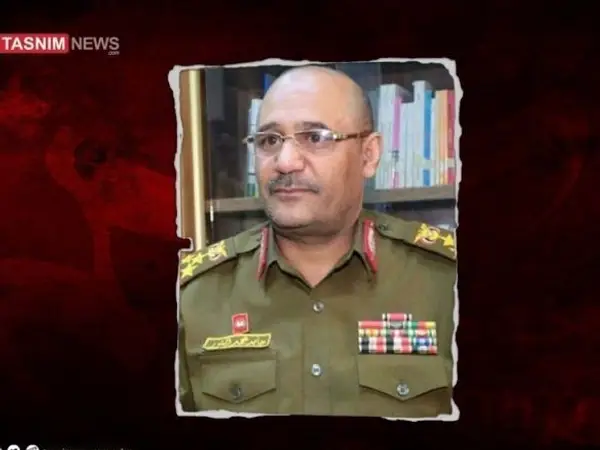A Houthi in an interview with the IRGC-linked Tasnim Sunday has threatened the United Arab Emirates with "more effective and powerful strikes" in the future.
"Future strikes on the UAE will be more effective and more powerful than before and the UAE may lose its capability to run the country," Lieutenant-General Abed Al-Thour the Deputy Chief of the Ideological Department of the Houthi armed forces told Tasnim in an exclusive interview published Sunday. He added that the Houthi military is determined to "go deep inside the UAE to achieve its military goals".
Al-Thour said the Houthis' recent attacks on Abu Dhabi, dubbed Yemeni Storm 2, was a message to Mohamed bin Zayed, the Crown Prince of the Emirate of Abu Dhabi, that his country will pay a high price for his "efforts to appease Israel".
The Iran-backed Houthi military official said the Houthi army has reached "the military expansion and industrialization stage" and "self-sufficiency in military industries".
Al-Thour also threatened Saudi Arabia and said the Houthis are prepared for bigger operations "deep inside Saudi Arabia".
Iran has been arming and training the Houthi rebels for years, with United Nations experts verifying that drones and missiles used against Saudi Arabia having Iranian origin.
In 2019 Al-Thour made similar threats against the UAE. "I am telling you that the UAE – Abu Dhabi, Dubai, Al-Ain, Fujairah, and all those emirates – will lose everything they have," he said, adding that with its aerial strikes and missile force, Yemen will "send the UAE back to a time before its foundation" and that despite not having a border with the UAE, their air force and missile force could reach the country to strike its trade and economic capabilities.
On Sunday Fars, another IRGC-linked news agency in a report quoted the Houthi Al-Khabar Al-Yemeni news website as saying Houthis are planning to implement widespread operations against 50 economic and military targets across the Emirates.
Al-Khabar said on Sunday that sources in the Houthi military intelligence have said that “approximately 300 drones, 50 ballistic missiles and 46 cruise missiles" will be used in the operation dubbed "Al-Aram Flood" to “paralyze the UAE economy".
The Yemeni website quoted the Houthi Minister of Defense Mohamed al-Atifi as saying a few days after the attack on Abu Dhabi that "painful and terrifying strikes" were to be expected in the "strategic, military and economic depth of the coalition countries.”
The Saudi-led Coalition that backs Yemen's internationally recognized government said January 13 that the Iran-backed Houthi rebels had targeted a key oil facility in Abu Dhabi and the UAE capital's international airport with explosive-laden drones launched from Sana'a airport.
In 2019 the UAE, a member of the Saudi-led coalition that has been fighting Iran-backed Houthi forces for over seven years, scaled down its military presence in Yemen amid heightened regional tensions with Iran but the Houthis.
A few days after the attack on Abu Dhabi, the Houthi information minister Zeifollah al-Shami was interviewed by Tasnim news agency who said the attack was meant to tell the UAE that there would be retaliation if they continued to attack Houthi forces.
Fars said in a report entitled "The Reason for the Yemeni Attack on Abu Dhabi Today" called it the "biggest strike on the UAE in the country's 50-year history."
